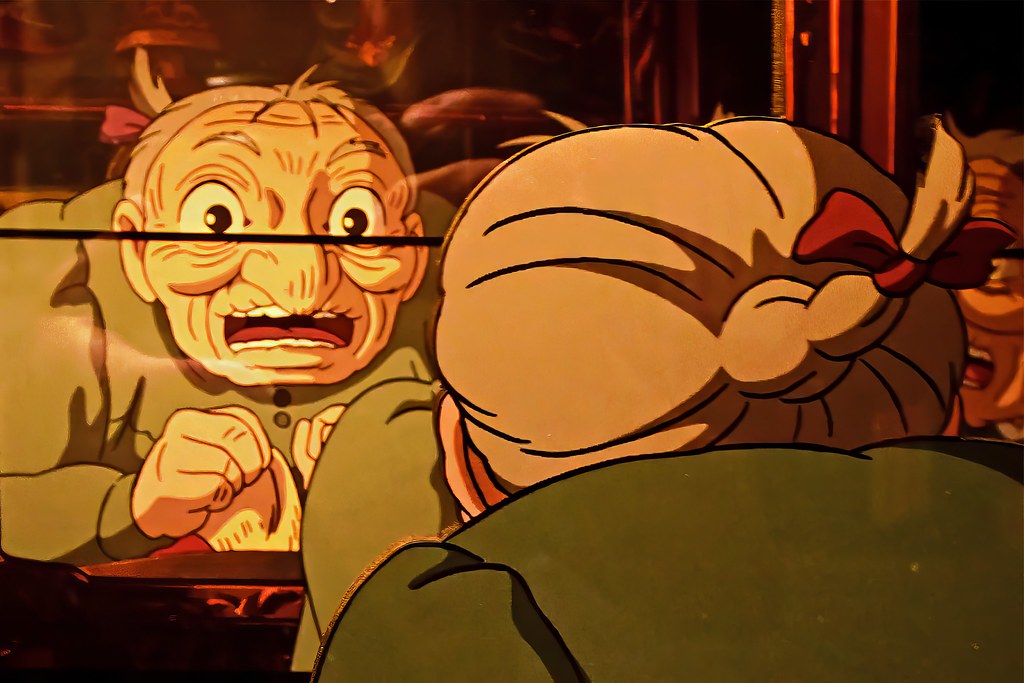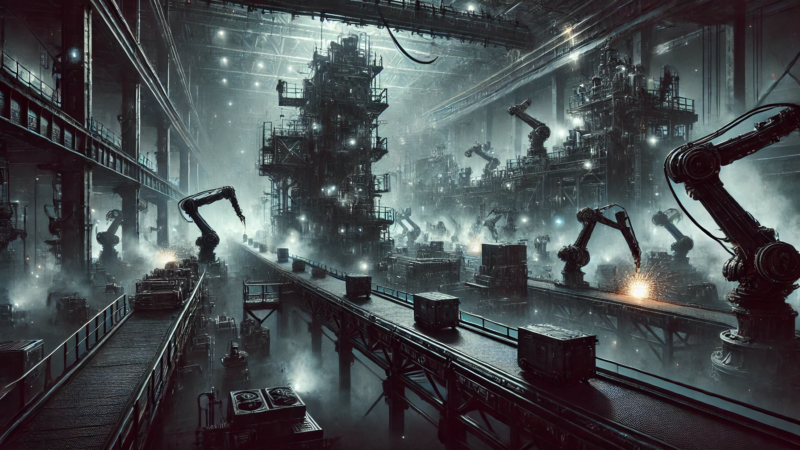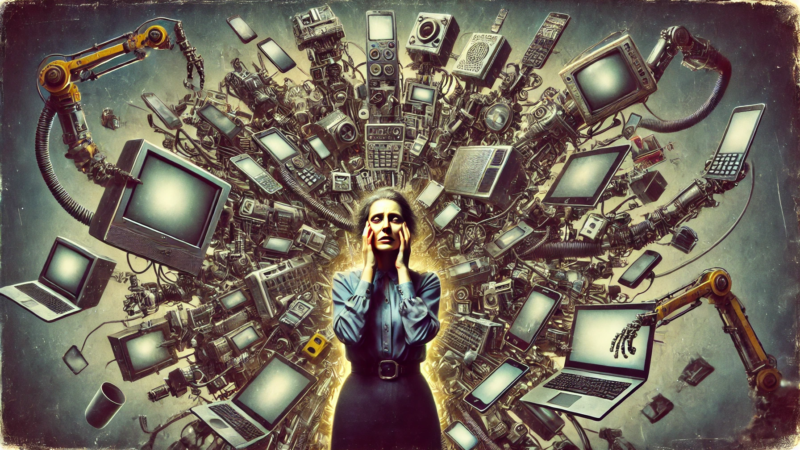People have been going crazy over OpenAI’s ChatGPT creating Studio Ghibli-styled images in a matter of a single prompt. just upload one image and ask ChatGPT to do the honors, and voila! A Ghibli-styled image will be ready based on the image supplied. No wonder, people have been posting their cute and warm Ghibli-styled pictures all over the social media, with much disregard for ethics attached to the practice.
Not for a moment, most people would have tried to give credits to the man behind Studio Ghibli.
And that’s where the problem lies. People creating and posting the Studio Ghibli-styled AI images without due credit to the actual Studio Ghibli reflects a social trend that has been prevalent without objections for decades together and have been the underlying driver behind this recent trend.
We seem to love piracy
No matter how much we speak about artists’ rights and giving due credits to content creators, most of us must have consumed some or the other pirated content at one point in life – either intentionally or otherwise. The society has kind of normalized pirated movies, cracked software and stolen artists’ work, downloaded from different websites, without anyone around them complaining. A society that has been sidestepping plagiarism manifesting in the form of piracy and copyright violation cannot be expected to rise against AI consuming artists’ genuine work when the rewards doled out by the AI engine appeal so much to its senses. A society that did not enforce legalities around stealth of intellectual property cannot be expected to grow informed so soon about the respect of human artistry. And there lies the main challenge that is plaguing the ethicists all over the world.
Risks of identity theft
Some may believe that reverse engineering a Ghibli-styled image may not be possible, and people may not be able to decipher the real image of the people depicted in a Ghibli-styled picture. However, some theorists opine that all the pictures we give to AI tools can get sold to corporations who may process those real-world images without our consent for enabling their businesses, which may simply be a case of identity theft. If you are happily and merrily sending your pictures to ChatGPT, just be a little more cautious about the possibility of identity theft happening in the background, though there is no evidence available to attest to it.
Dampening the job prospects of illustrators
If creating Studio Ghibli-styled images grows so easy and quick, hardly anyone will think of the efforts that go into making the films in the real Studio Ghibli. The producers of Studio Ghibli take several months and at times, years to create the warm and cozy animations that win the hearts of people globally. The artworks of Studio Ghibli always have the brushstrokes, minor imperfections and artistic touch that AI is unable to match at present.
With people going gaga over the chatbot’s capabilities to create near- Ghibli-styled images, one can see how the shortcuts applied by the AI engine can undermine their efforts, talent and craftsmanship that takes years to master and years to put to fruition in the form of breathtaking movies.
If AI continues to evolve its artistic capabilities – which does not appear impossible in any way – the animators and artists will row discouraged and unrecognized in a space that once was a stronghold for niche skilled professionals.
Is user of AI the owner of images?
That’s a pertinent question to answer. While the style of illustration belongs rightfully to Studio Ghibli, people using AI to create Ghibli-styled images may have a false sense of ownership over the images. Who does the image finally belong to? Is it the user who owned the original image, the AI company who offered the platform or Studio Ghibli that invented the illustration style? Debates are raging and may not subside till long, however, the creator of Studio Ghibli – Hayao Miyazaki – had expressed being “utterly disgusted” with AI-generated animation. No wonder, as the AI platform creating Ghibli-styled images using prompts gives no due credit to the studio behind the style, it emerges as an unethical practice.
What next?
Having rolled out the Ghibli-styled image generation tool, ChatGPT does not appear to be rolling back the feature just because it looks unethical on some grounds. OpenAI views such tools as being on frontier of innovation, and therefore, the Ghibli-styled image generator is here to stay. However, as users, we can certainly credit Studio Ghibli if and when we crate a Ghibli-styled image and post it anywhere on social media. That’s the least we can do to show respect to the original artists.










